Iain Bell Beowulf premiere: BBCSO and Brabbins bring contemporary opera to the Barbican
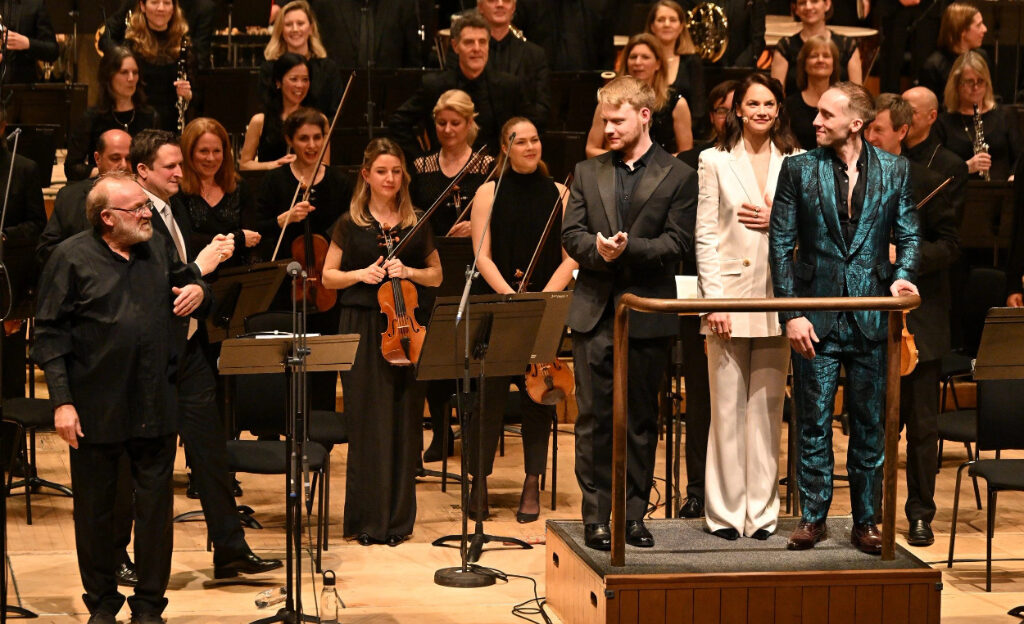
English composer Iain Bell’s new opera Beowulf premieres at the Barbican with the majesty of full orchestra and chorus. The piece plunges the audience from the beginning into a resounding battle climate, aided by an impressive composite setting.
Downstage, the BBC Symphony Chorus structure and fortify the piece; their vocal presence, almost constant throughout, subtly appears and disappears, conjuring the rumbling conflict, the watery world and fierce combat. Upstage, actor Ruth Wilson stands alongside conductor Martyn Brabbins, spinning out the evolution of the drama in a solid delivery as narrator. The role isn’t intrusive but it aptly delineates the scenes, floating over the soundscape created by the chorus and orchestra.
On the other side is Charles Styles, who takes the place of Stuart Skelton last-minute and magnificently rises to the occasion. The tenor drives the story in a vigorous embodiment of some of the original dialogue, in particular in the last words of the dying Beowulf, after which a more sombre sequence follows. Centre-stage are the BBC Symphony Orchestra, who perform a grandiose sublimation of multi-instrumental texture. There are no slow starts or fizzled endings, and the rhythm and drama are uninterrupted, the tumultuous epic narrative finding an apt musical accompaniment.
The second half of the concert is a rendition of Job: A Masque for Dancing by Ralph Vaughan Williams, which brings an interesting contrast and emotional elevation. Though less thunderous, this work shares with Beowulf a heroic and mythical nature. It is performed without the ballet, but the music holds the power to translate the discourse between the devil and god in a seamless meeting of registers.
The single oboe dominating Minuet of the Sons of Job and Their Wives and the soothing harmonious flow of the violins represent a vivid foil for the more animated passages depicting Satan. The programmatic character motifs are repeated and developed in the following scenes, the same rhythmic call-and-response continuing, now more pizzicato, now more fluid. The rising strings, increasing in number as the piece grows, provide a blissful moment. William Blake’s watercolour of Job, surrounded by two supernatural entities, is said to have inspired scholar Geoffrey Keynes to commission this work from Vaughan Williams. The result reproduces the constricted sense of tension and ascension, completed by a lingering finale.
An evening of roaring choral conflict complemented by instrumental biblical scenes, closing with muted elation.
Cristiana Ferrauti
Photo: Mark Allan
For further information and future events visit the Barbican website here, the BBC Symphony Orchestra and Chorus’s website here and composer Iain Bell’s website here.

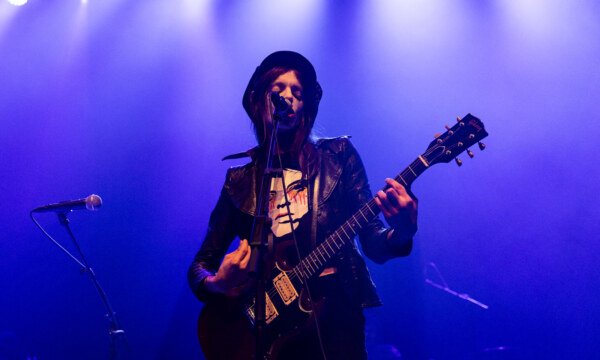
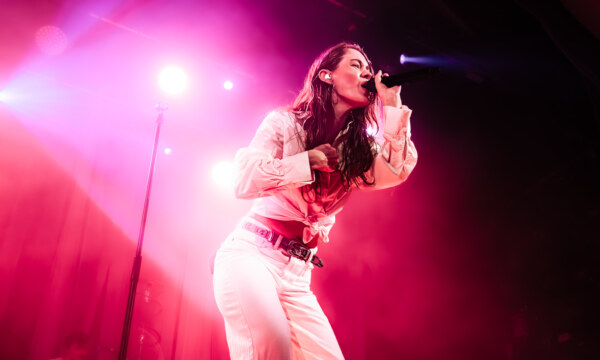
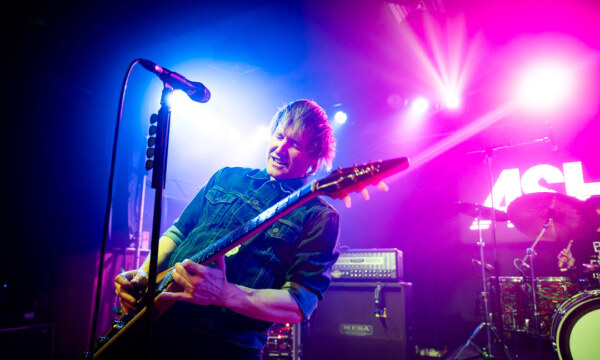
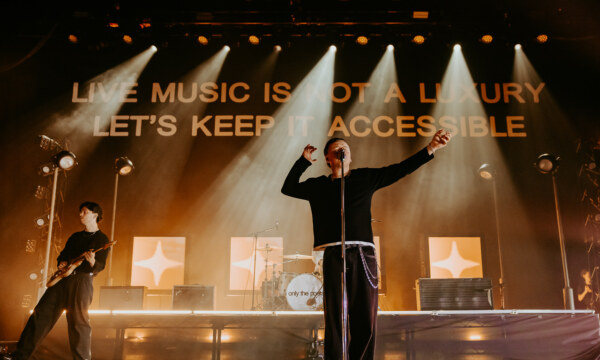

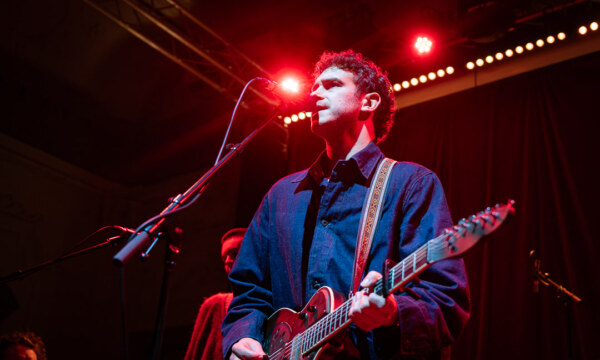
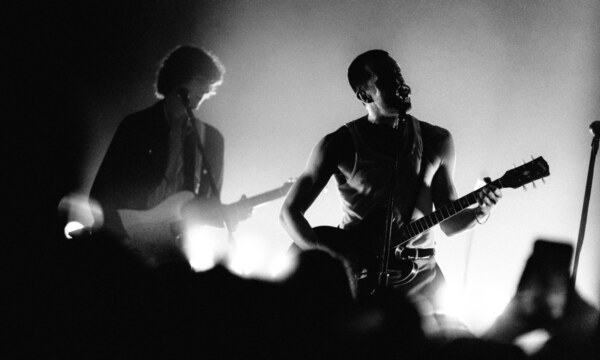
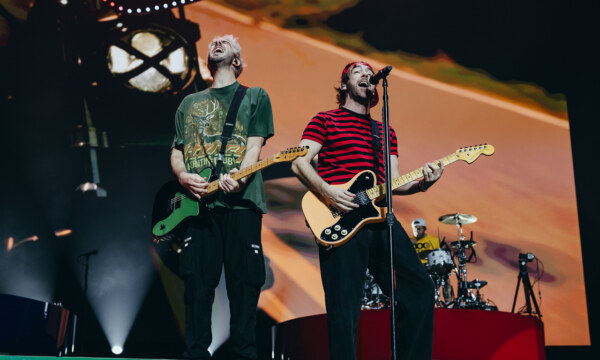
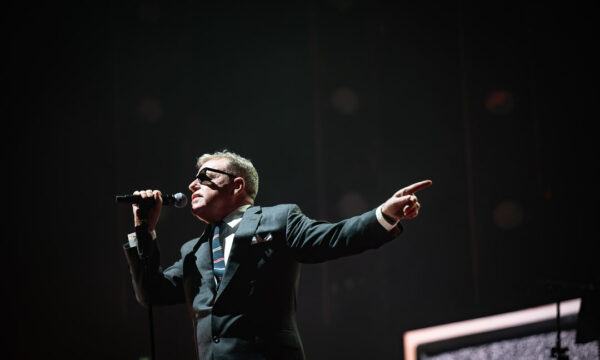

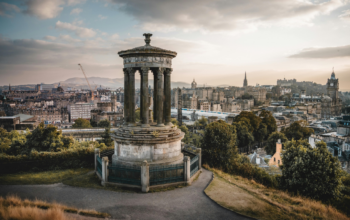
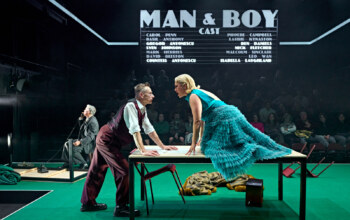
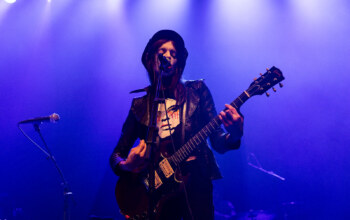
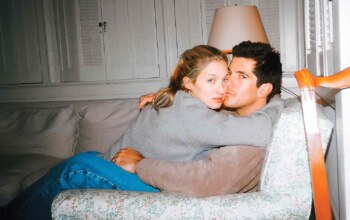
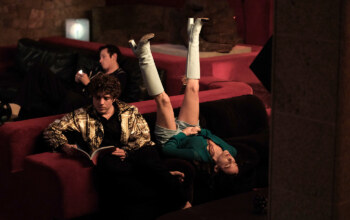
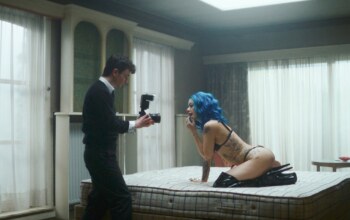


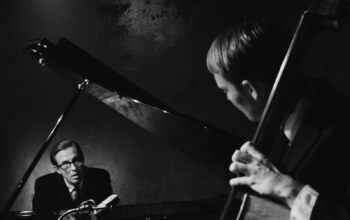


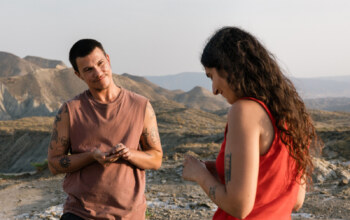
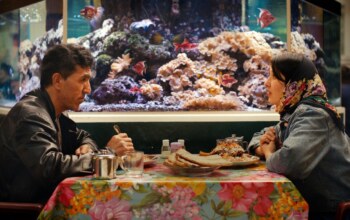

Facebook
Twitter
Instagram
YouTube
RSS